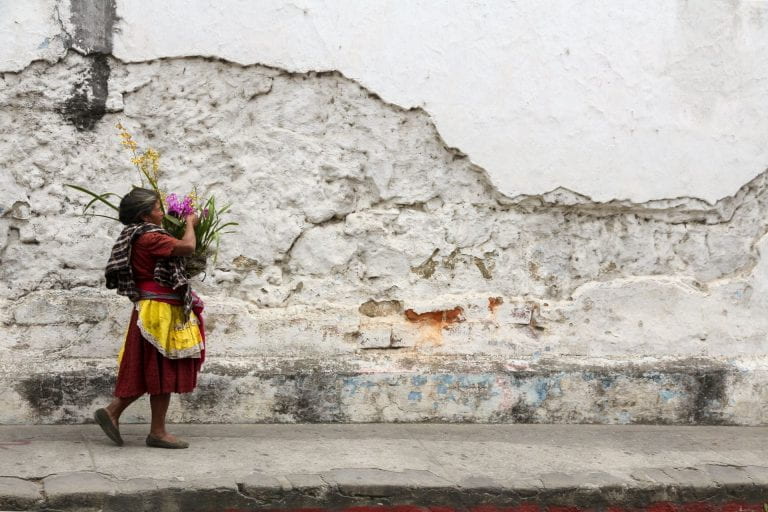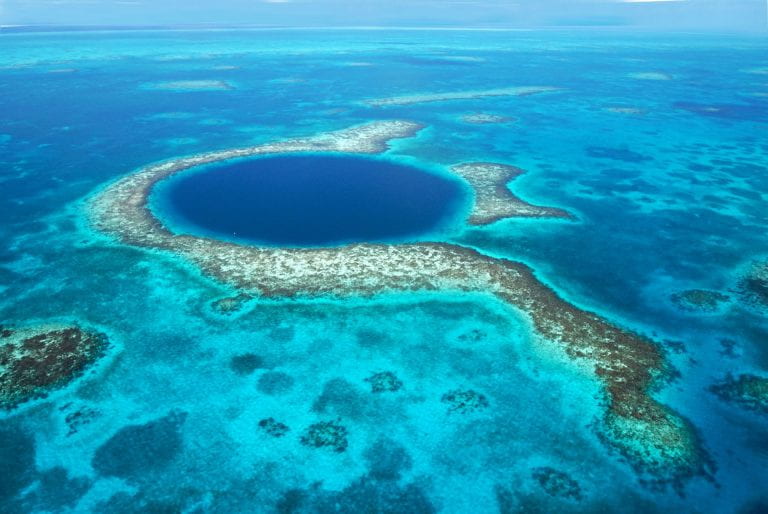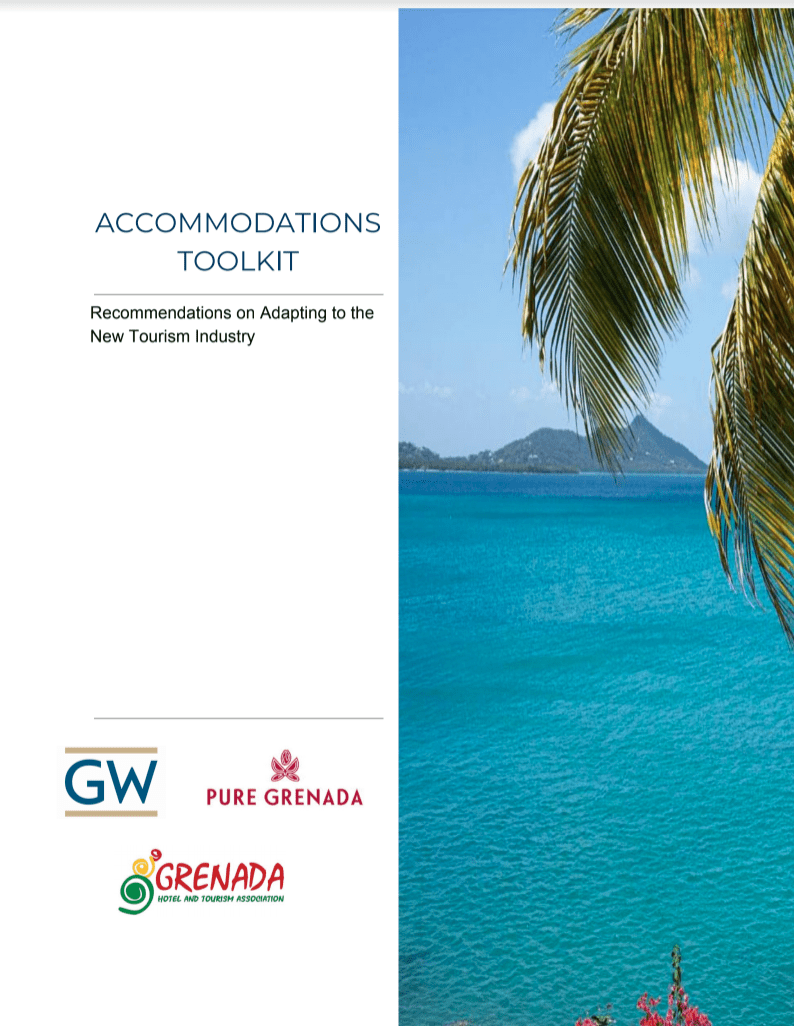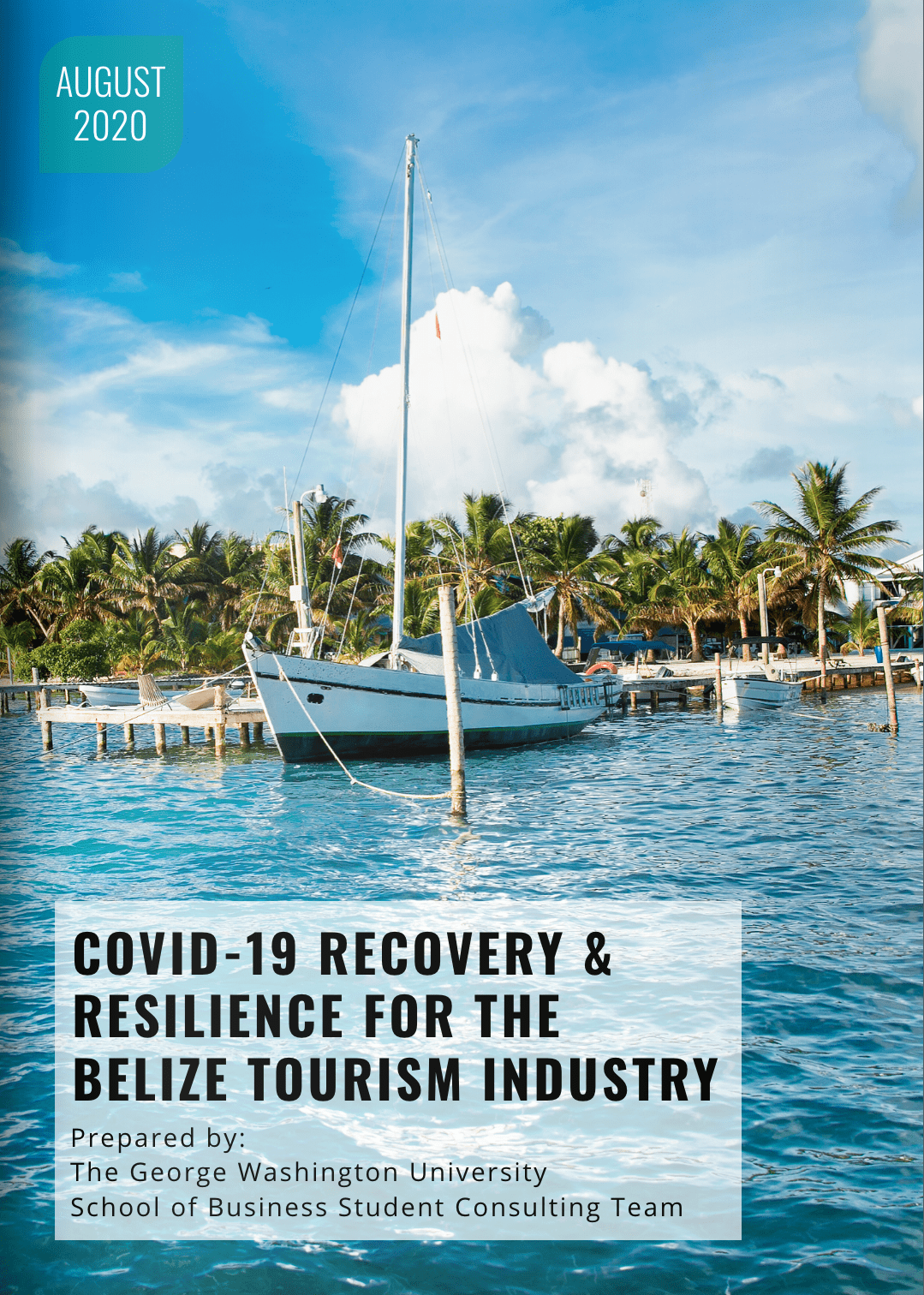The first-ever Indigenous Tourism Forum of the Americas kicked off on Indigenous People’s Day and brought together key leaders and stakeholders in the development and promotion of Indigenous Tourism across the Americas. Though our speakers and 241 attendees connected online instead of in-person, the dialogue, engagement, and passion for sustainable tourism development in Indigenous communities was palpable.
With many talented and experienced speakers present, several well-articulated key themes emerged from the conference.
THE POWER AND IMPORTANCE OF INDIGENOUS TOURISM
Resilience, Leadership, and Reframing the Conversation Around Indigenous Tourism

Seleni Matus, Executive Director, George Washington University International Institute of Tourism Studies
"COVID has called on all of us to draw on our resources for resilience. Who embodies this quality more than Indigenous people? Despite the odds, here you are to tell and share your stories, to teach, to learn, to listen and ultimately, to lead. We have new opportunities to reframe the conversation around Indigenous development and tourism."
Tourism as a Form of Intellectual Empowerment

Mark Cruz (Klamath), Deputy Assistant Secretary Policy & Economic Development, Office of Indian Affairs, U.S. Department of the Interior
"We as Indigenous people have our own stories, art, foods and histories. Through tourism we are able to share aspects of our culture and to do so on our own terms."
Indigenous Tourism will be Key in Mexico’s Recovery
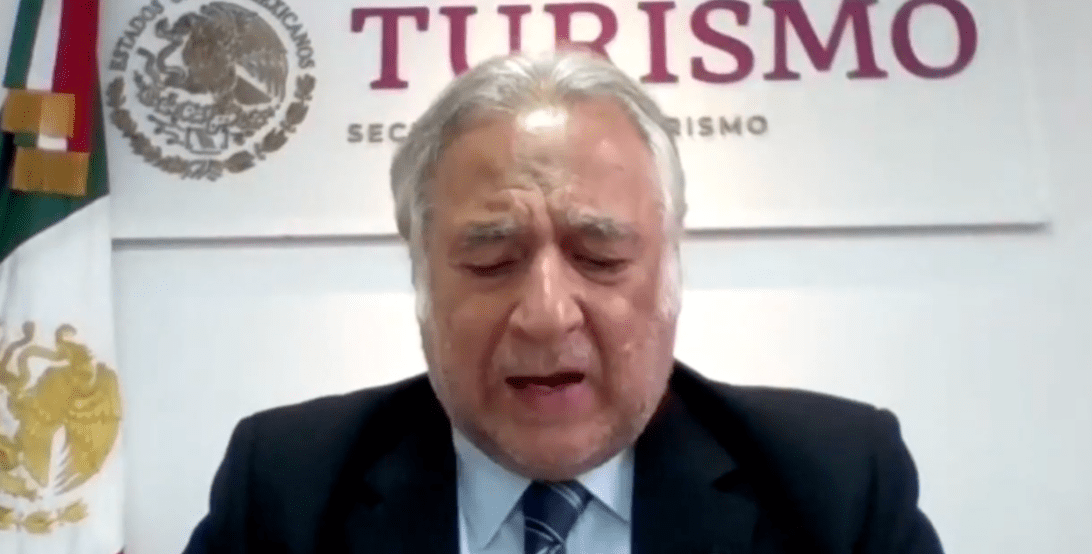
Honorable Miguel Torruco, Secretary of Tourism, Secretariat of Tourism, Mexico and Chair, Inter-American Committee on Tourism (CITUR), Organization of American States
"Mexico has a historic opportunity to dignify their Indigenous communities that for a long time have been outsiders in the national development and quality of life. After COVID, tourists will prefer to visit smaller areas with nature. As the historic guardians of our mother earth, Indigenous people will play a key role in reactivation of tourism in Mexico and in the world."
Indigenous Tourism Engages Visitors on a Fundamental Level

Brian Vallo, Governor, Pueblo of Acoma, New Mexico, USA
"Tourism engages people. It also connects us to the places and spaces that make up the cultural fabric of our Mother Earth. It is no surprise that Indigenous peoples of the world are engaged in this industry. After all we know the history, we know the landscape and many of the cultural attractions remain a part of our own connections in this time."
Food is Life: Indigenous Cuisine Anchors Indigenous Tourism

Loretta Barrett Oden (Potawatomi), Host of Seasoned with Spirit, USA
"Food is the key to who we are as Indigenous people. Food connects us to our trade roots, in our stories, songs and ceremonies."
KEYS TO SUCCESS FOR INDIGENOUS TOURISM
Taking Ownership of Tourism Enterprise
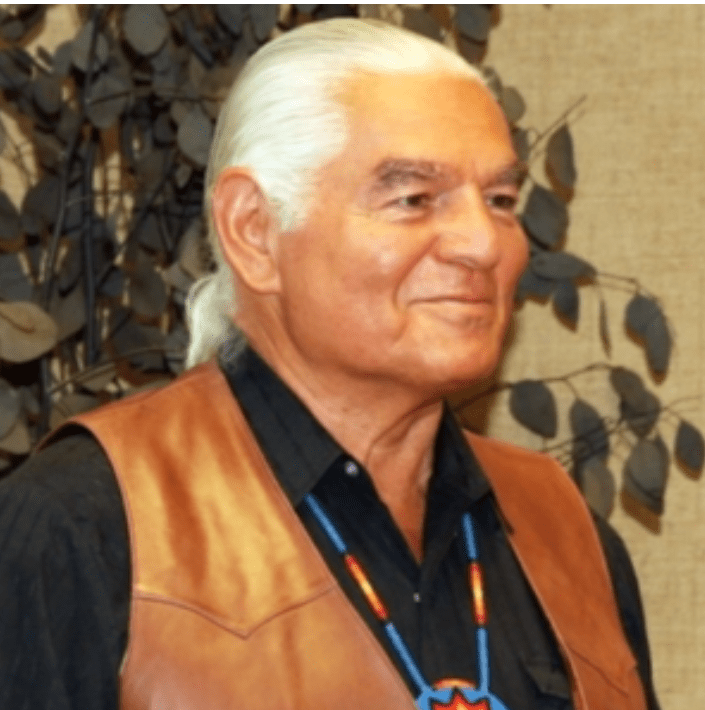
Ben Sherman (Oglala Lakota Sioux), Chairman, World Indigenous Tourism Alliance, USA
"It is extremely important that indigenous people have ownership of the tourism enterprise. We have seen foreign owners who have taken the profits for themselves. Then, Indigenous people must develop their own knowledge base of tourism and business."
Tourists Want Indigenous Tourism but Research and Resources are Lacking
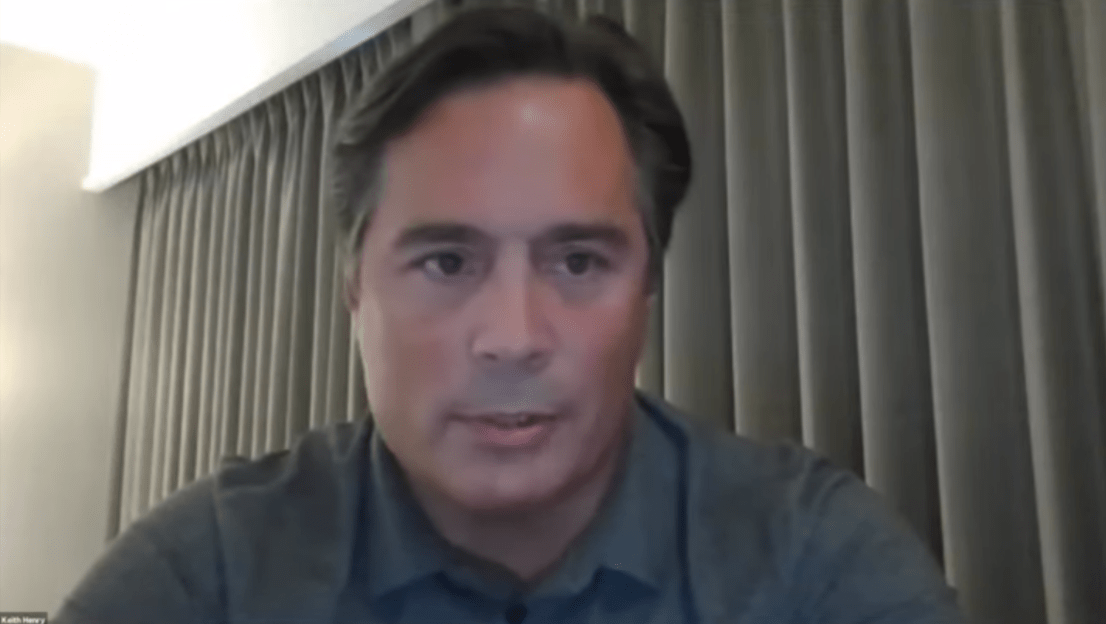
Keith Henry (Métis), President and Chief Executive Officer, Indigenous Tourism Association of Canada, CanadaImage
"We know visitors want Indigenous Tourism. It is as high as one in three visitors asking (for) Indigenous tourism. But in our country, there is a disparity between the visitor demand and the resources invested in Indigenous tourism. There is just not enough research done on Indigenous tourism and policymakers don’t want to invest in this research, and they support what they know how to support."
By, Not About: Owning the Narrative to Develop Authentic Experiences

Teresa Ryder (Musqueam), Director of Business Development, Canada, Indigenous Tourism Association of Canada
"Indigenous tourism is BY Indigenous Peoples, not about Indigenous Peoples. It is a first-person perspective as an Indigenous person and that is what the tourist is looking for as well. Authenticity and a first-hand perspective, ownership of the narrative, personal connection, unique experiences and positive economic benefit are key to developing authentic Indigenous tourism experiences. "
Tips for Growing Indigenous Tourism

Kevin Eshkawkogan (Anishnabek), President and Chief Executive Officer, Indigenous Tourism Ontario, Canada
Pillars of Tourism
"Build your tourism in four directions or four pillars. Those pillars are cultural integrity guidelines, marketing and branding, product development, and labor support and training. You need to build on all four of those elements to build the industry in whatever region you are in. We also needed different partners supporting us like Indigenous tourism businesses."
Four Tips
- Tell your story on your terms. We are the messengers and we are the ones who have been living on this land for thousands of years.
- We need to rely on industry experts. We can’t do this alone. Whether they are Indigenous or non-Indigenous, we need to work with them. People want to help us.
- Be a good neighbor. Look at our neighbors and see who their needs and wants are. We might be able to offer something complimentary. Tourism is not meant to be done alone.
- Collaborate, collaborate, collaborate. We need to work with whoever is willing to help us advance our agenda. It needs to be done on our terms in a mutually beneficial way.
RESILIENCE AND RECOVERY IN THE FACE OF COVID-19
Travel Trends Provide Opportunities for Indigenous Communities

Keith Henry (Métis), President and Chief Executive Officer, Indigenous Tourism Association of Canada, CanadaImage
"Instead of focusing on where to go in 2021, we’re focusing on how we want to travel in 2021. We’ve identified five key trends that we foresee for next year. These trends present a great opportunity for Indigenous Tourism in many communities."
Key Trends
- People want to go slower and have more immersive trips. They will be taking in fewer destinations and spending more time in each destination.
- People want to go to the wild away from large urban city centers and go into the countryside and in nature. Many of the Indigenous communities we work with are located in remote destinations so we think that is another opportunity.
- People will want to go on human-powered activities like trekking and biking.
- Next is regenerative travel. It is not just about going to a destination and making sure we don’t have a negative impact, but we are making sure we have a positive impact.
- Above everything, safety is a top priority.
Pivot in the Face of Adversity
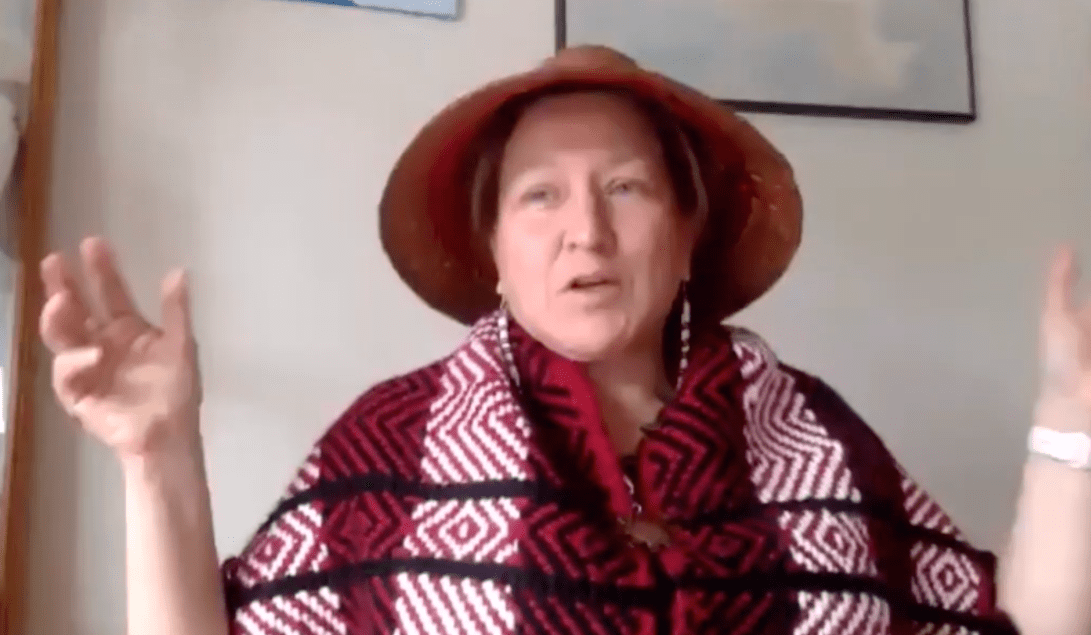
Carla George (Squamish), Council Member, Squamish Nation, Canada
"When COVID-19 hit, Squamish Lil'wat Cultural Center staff decided to pivot and look at regalia making, dances, and other activities. They were able to take a step back and think about how to improve our organization post-COVID."
Adapting National and State Protocols to Meet the Practical Needs of Indigenous People

Roman Caamal Coh (Maya), President, Network of Community-Based Indigenous Tourism Businesses in Quintana Roo, Mexico
"We have created a semi-insular alliance to redesign our own safety and health protocols. The protocols that have come from the national or state level are very technical and it is hard for the community to implement them. So, we have redesigned them so they can be implemented in accordance with the new reality we are seeing. The communities are working with partners like local leaders and academia to help implement these new protocols."
Supporting Indigenous Tourism Communities Now

Carla James (Akawaio), Director, Guyana Tourism Authority, Guyana
"We are able to give support to Indigenous communities in the tourism value chain. That included helping them change their marketing messages to keep travelers informed on what they are doing and what is happening at their property. We have also provided training in marketing, and more recently hygiene and sanitation protocols that were developed by the Guyana Tourism Authority and aligns with UNWTO protocols. We have also been able to provide small grants for businesses to acquire hygiene and sanitation supplies that are needed in preparation for reopening. "
Seizing Opportunities to Build Strength and Resilience

Honorable Morena Valdez, Minister of Tourism, Ministry of Tourism, El Salvador
"We're working on strengthening our institutional structure. We need to work alongside the Ministries of Culture to preserve the intangible culture like dance because we don't work in isolation. COVID-19 has given us the opportunity to strengthen our work on tourism with Indigenous governments, and we have a new plan."
For more information about the Indigenous Tourism Forum of the Americas, please visit the forum website and scroll down on the Home page to join the mailing list and stay up to date with news and events. Also, be sure to subscribe to the Indigenous Tourism Forum of the Americas Youtube channel where videos from the forum will be uploaded.
